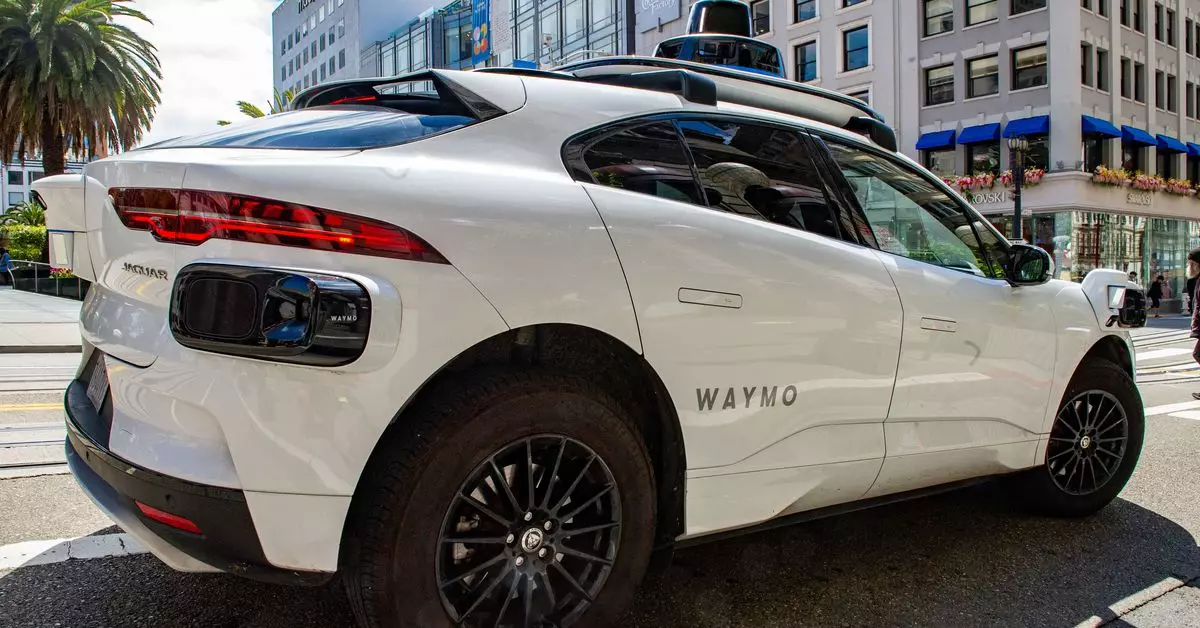As the global landscape of autonomous vehicle technology evolves, Waymo, a subsidiary of Alphabet Inc., is making waves by venturing into Tokyo. This initiative marks a pivotal moment, as it represents the first deployment of Waymo’s autonomous fleet in a foreign market. With an established reputation in the United States, Waymo is now setting its sights on learning and adapting to the distinctly different transportation environment in Japan.
Waymo’s entry into the Tokyo market is being strategically framed as a “road trip.” This initiative is not merely an attempt to leap into the robotaxi business; rather, it is a carefully planned excursion aimed at studying Japan’s unique driving conditions. Japanese roads pose specific challenges, such as left-hand traffic operations combined with a dense urban landscape. To gather essential mapping data, the 25 vehicles being dispatched will initially be operated manually while under the supervision of Nihon Kotsu, a respected local taxi fleet operator. The testing phase is set to commence in early 2025.
The importance of data collection in this phase cannot be understated. Understanding how to navigate the subtleties of Japanese roads is critical for making Waymo’s technology adaptable and effective. Sandy Karp, a Waymo spokesperson, emphasized that this mission is primarily about learning rather than launching a full-scale taxi service. It indicates a prudent approach to market entry, focusing on partnerships with local entities to grasp the intricacies of the Japanese transportation ecosystem.
Partnership and Collaboration in New Markets
Waymo’s collaboration with Nihon Kotsu, as well as its integration with GO, a prominent taxi application in Japan, could signal significant plans for future mobility solutions in Tokyo. This tactic mimics Waymo’s operational strategies within the United States, where it partners with major ride-hailing apps like Uber to provide services in cities such as Austin and Atlanta. Such partnerships not only facilitate the integration of autonomous vehicles into the local transportation network but also help build public trust and acceptance of the technology.
Current discussions regarding a future robotaxi service indicate that Waymo is laying the groundwork for broader service offerings. However, a cautious stance is being maintained, with no immediate announcement of fully autonomous ride services. This approach reflects an understanding of the complexities associated with public acceptance of autonomous technologies, especially in a new and culturally rich environment like Tokyo.
While Waymo is poised to expand its autonomous operations, the broader context of the industry remains turbulent. Companies such as General Motors have restructured their investment strategies, shifting focus from costly autonomous projects to driver-assist technologies and personal autonomous vehicles. This uncertainty in the autonomous vehicle sector may cast shadows on Waymo’s endeavors. However, Waymo has reported significant progress in its U.S. operations, where it has approximately 700 vehicles and claims to provide around 175,000 paid rides each week.
As Waymo ventures into Tokyo, it is also setting geographic boundaries for its operations, geofencing its vehicles to specific neighborhoods such as Minato and Shibuya. This controlled rollout will allow Waymo to understand each area’s operational dynamics thoroughly before expanding further. The vehicles will be initially supervised by trained specialists, signifying a cautious transition towards fully autonomous operations.
Waymo’s introduction of autonomous vehicles to the dynamic and intricate landscape of Tokyo demonstrates both ambition and calculated strategy. As it navigates this new market, the company’s focus remains on data collection and partnership development. With the global status of autonomous vehicle technology in flux, Waymo’s careful approach could ultimately enable it to solidify its role as a leader in a fast-evolving industry.
Ultimately, Waymo’s journey in Tokyo could serve as a pivotal case study for utilizing autonomous vehicle technology in international markets. The insights gained from this venture may not only benefit Waymo but potentially reshape the future of transportation in urban areas around the world.

